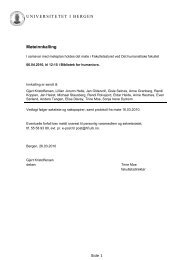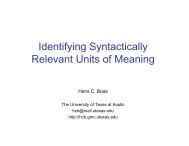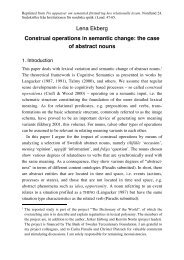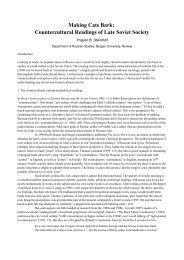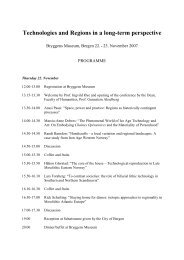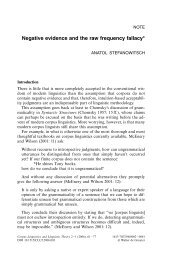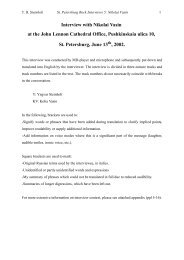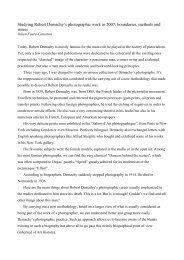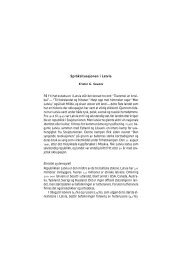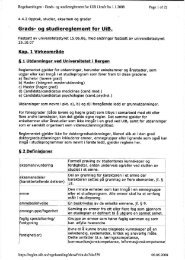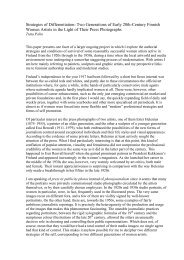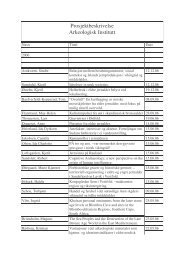THE BOOK OF POEMS IN TWENTIETH-CENTURY ... - TopReferat
THE BOOK OF POEMS IN TWENTIETH-CENTURY ... - TopReferat
THE BOOK OF POEMS IN TWENTIETH-CENTURY ... - TopReferat
You also want an ePaper? Increase the reach of your titles
YUMPU automatically turns print PDFs into web optimized ePapers that Google loves.
помнит,/Что эта ночь—твоя, твоя! 124<br />
Similarly, "Рождение" points beyond the<br />
traditional Christmas story. While the poem clearly acknowledges the birth of Christ,<br />
naming him by means of the capitalized masculine pronoun in line five (Нему) and<br />
referring to the newborn in line seven (новорожденного), it does not center on him.<br />
Christ, in fact, is presented solely as an object who receives tenderness and warmth. The<br />
active subjects providing this love are all feminine (вода, звезда, ночь, солома). It is<br />
not the birth of Christ, or the Son of God, which is announced in the final lines of the<br />
poem, but the birth of a wholly feminine "three-crowned Freedom."<br />
The significance of the trinity to Gippius's worldview is well-known. In her<br />
memoir of Merezhkovsky, she describes the summer of 1905 when she first realized what<br />
was to become her idée fixe—the seemingly obvious "trichotomous structure of the<br />
world" (тройственное устройство мира). Within this system, one represents the<br />
individual, two the merging of two individuals in love, and three the plurality or<br />
community in which neither one nor two is lost. 125<br />
Merezhkovsky later developed this<br />
idea into the religious dialectic that would occupy him throughout his life. For him, the<br />
first stage of the Trinity was the realm of God the Father, the Old Testament and the past;<br />
the second stage the realm of God the Son, the New Testament and the present; the third<br />
and final stage, to be disclosed in the future, would entail the Third Testament and be<br />
embodied by the Holy Spirit in the form of an Eternal Woman-Mother. 126<br />
For Gippius,<br />
this new church required a new degree of human freedom. While the path of salvation,<br />
124 December 24th was an important date in Gippius's life as well. In her diary, Серый блокнот, she notes<br />
it as the actual day in 1919 when she and Merezhkovsky left Petrograd and headed toward their new life in<br />
emigration. Gippius, Dnevniki, vol. 2, 279.<br />
125 Gippius, Dmitrii Merezhkovskii (Paris: YMCA Press, 1951), 137-9.<br />
126 Temira Pachmuss, Zinaida Hippius: An Intellectual Profile (Carbondale and Edwardsville: Southern<br />
Illinois University Press, 1971), 104. Temira Pachmuss, Merezhkovsky in Exile: the Master of the Genre<br />
of Biographie Romancée (New York: Peter Lang, 1990), 189-90.<br />
100



